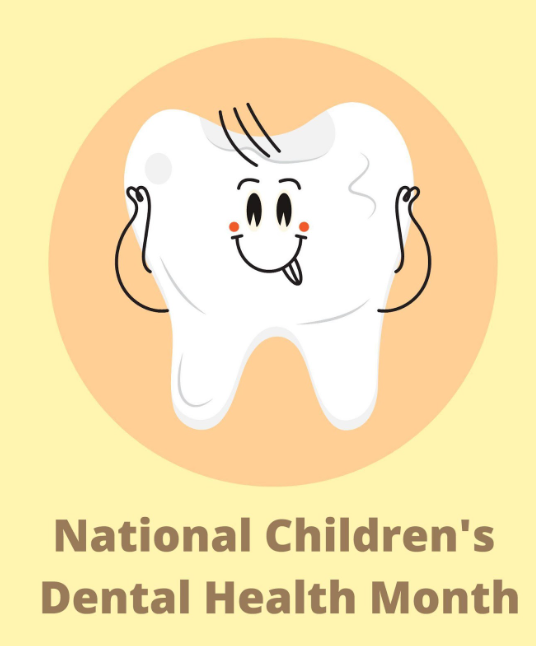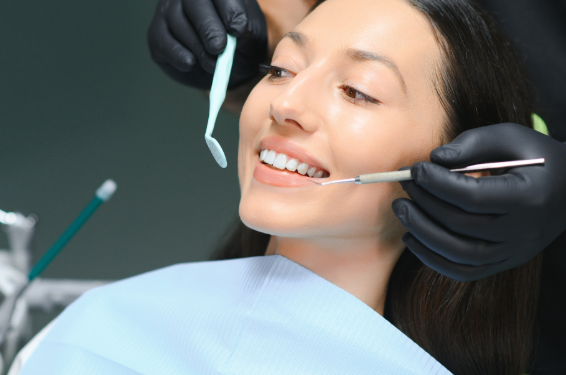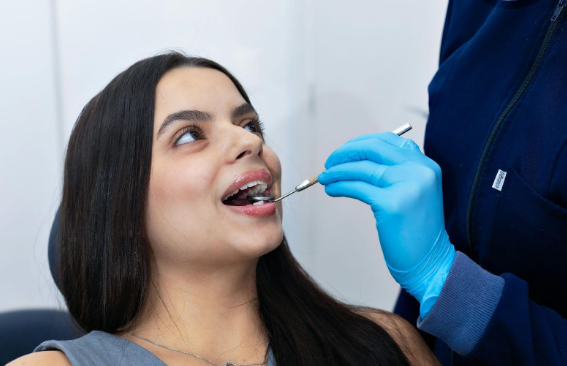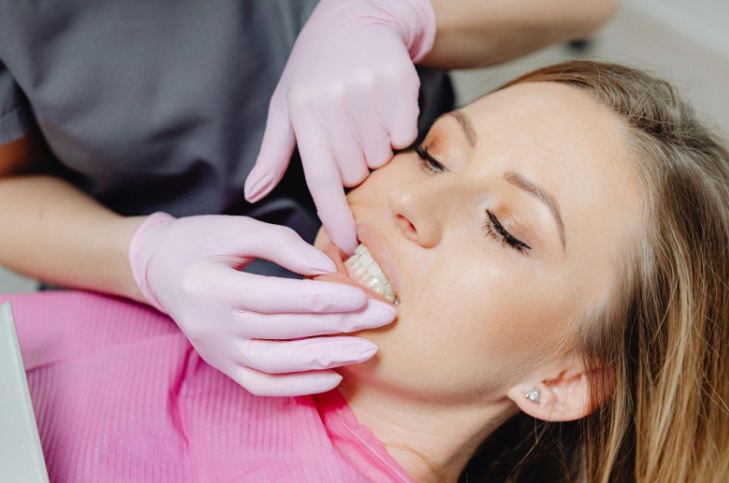Is There Any Link Between Genetics and Tooth Decay?
Is There Any Link Between Genetics and Tooth Decay?

Tooth decay, also known as dental caries, is a prevalent issue affecting millions worldwide. While poor oral hygiene, dietary habits, and environmental factors play significant roles in the development of cavities, emerging research suggests that genetics might also influence susceptibility to tooth decay.
Let’s explore the genetic factors that may contribute to dental health, how they interact with environmental influences, and what can be done to mitigate risks.
Understanding Tooth Decay
Tooth decay occurs when acids produced by bacteria in the mouth erode the enamel, leading to cavities. This process is primarily fueled by the consumption of sugary or acidic foods, poor oral hygiene, and inadequate fluoride exposure. However, despite similar dietary habits and oral care routines, some individuals are more prone to cavities than others. This discrepancy has led researchers to investigate genetic influences on dental health.
The Role of Genetics in Tooth Structure and Composition
Enamel, the outermost layer of the tooth, serves as the first line of defense against cavities. Genetic differences can influence enamel thickness, composition, and strength. Some people inherit genes that result in weaker enamel, making them more susceptible to bacterial attack and decay.
A gene known as AMELX, which regulates enamel formation, has been linked to variations in enamel integrity. Mutations or variations in this gene can lead to weaker enamel, making teeth more prone to decay. Genes such as TUFT1 and DSPP also play crucial roles in enamel mineralization and dentin formation, further influencing an individual’s resistance to cavities.
Saliva Composition and Its Genetic Influence
Saliva plays a critical role in maintaining oral health by neutralizing acids, washing away food particles, and delivering essential minerals to the teeth. The composition of saliva, including its mineral content and antibacterial properties, is partially determined by genetics.
For instance, certain genes affect the production of salivary proteins such as statherin and histatins, which help protect against cavity-causing bacteria. Individuals with genetic variations that result in lower levels of these proteins may have an increased risk of developing cavities. The flow rate and pH level of saliva, which are influenced by genetic factors, can impact how effectively the mouth neutralizes harmful acids.
The Microbiome and Genetic Susceptibility
The human mouth hosts a diverse microbiome consisting of various bacteria, some of which contribute to tooth decay. While diet and oral hygiene influence bacterial growth, genetics may also play a role in determining the types of bacteria that thrive in an individual's mouth.
Certain genetic variations can affect the composition of the oral microbiome, leading to an increased presence of cavity-causing bacteria such as Streptococcus mutans. These variations can influence how the immune system responds to bacterial threats, affecting the likelihood of developing cavities.
Genetic Links to Sugar Metabolism
Dietary sugar is one of the primary culprits in the development of tooth decay. Interestingly, genetics can influence how the body processes sugar and how much an individual craves it. Variations in the TAS1R2 and TAS1R3 genes, which are associated with taste perception, can affect a person's preference for sweet foods. People with a genetic predisposition for a higher sugar intake may be at greater risk for cavities due to increased exposure to fermentable carbohydrates.
Moreover, insulin-related genes such as TCF7L2 can affect blood sugar regulation, which may have an indirect impact on oral health. Poor blood sugar control can lead to higher sugar levels in saliva, creating a more favorable environment for harmful bacteria to thrive.
Immune System and Genetic Factors in Cavity Resistance
The body's immune response plays a crucial role in oral health by fighting off harmful bacteria. Genetic variations in immune-related genes, such as those in the human leukocyte antigen (HLA) system, can influence how effectively the immune system combats oral infections.
Individuals with certain genetic profiles may have a weaker immune response to bacterial invasion, making them more prone to dental caries. Conversely, some people may have genetic advantages that enable them to naturally resist cavity formation despite poor oral hygiene or dietary habits.
Factors Beyond Genetics That Contribute to Tooth Decay
While genetics can make some individuals more prone to cavities, lifestyle and oral hygiene habits are still the primary factors in preventing decay. Even those with strong enamel can develop cavities if they neglect proper dental care. Below are some key lifestyle factors that impact oral health:
Poor Oral Hygiene
Brushing and flossing daily is essential for maintaining oral health. Without regular cleaning, plaque builds up and turns into harmful acids that erode enamel, leading to cavities. No matter your genetic predisposition, poor hygiene will inevitably result in tooth decay.
Diet High in Sugar and Starches
Consuming sugary and starchy foods frequently fuels bacteria in the mouth, accelerating the breakdown of enamel. Frequent snacking, in particular, prolongs the exposure of teeth to acids, increasing the risk of cavities. Instead, it’s best to eat balanced meals and limit sugar intake to protect your teeth.
Smoking and Tobacco Use
Smoking and using tobacco products reduce saliva production and weaken the immune system, making it easier for bacteria to thrive. This increases the risk of cavities and contributes to gum disease and other oral health issues.
Snoring and Mouth Breathing
Breathing through the mouth, especially while sleeping, leads to dryness and reduces saliva flow. Since saliva is essential for washing away bacteria, a dry mouth creates an ideal environment for cavities to develop. Staying hydrated and addressing any snoring issues can help maintain a healthier mouth.
Skipping Dental Checkups
Routine dental visits allow professionals to identify early signs of decay and take preventive measures. Even with proper at-home care, plaque can build up in hard-to-reach areas. Regular cleanings and exams ensure that potential problems are addressed before they worsen.
Can You Prevent Cavities Despite Genetic Factors?
Although genetics play a role in oral health, they don’t determine your dental fate entirely. By adopting a strong oral hygiene routine, making healthier dietary choices, and staying consistent with dental checkups, you can significantly reduce the risk of cavities. Simple steps such as using fluoride toothpaste, drinking water regularly, and avoiding excessive sugar consumption can help protect your teeth, regardless of your genetic predisposition.
Whether genetics make you more susceptible to cavities or not, maintaining excellent oral health requires professional care. At
Patriot Family Dental, we offer comprehensive dental services, from routine cleanings to advanced treatments, to help you achieve a strong, healthy smile.
Contact us today and take the first step towards optimal dental health!











